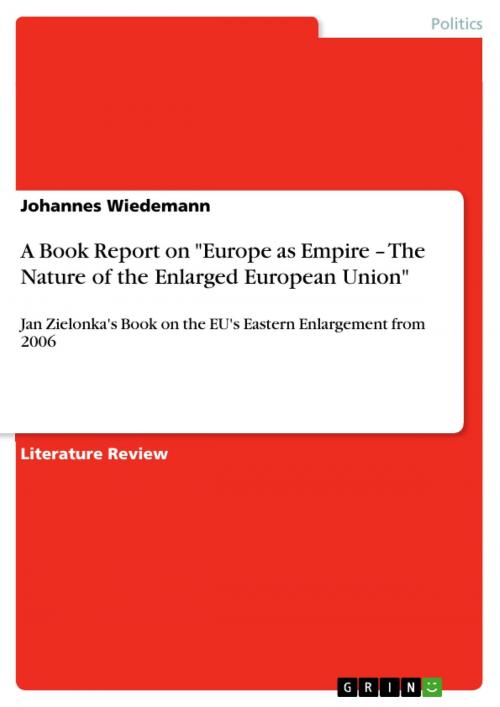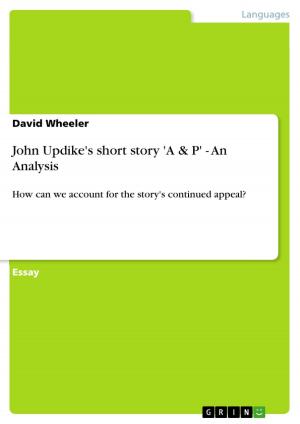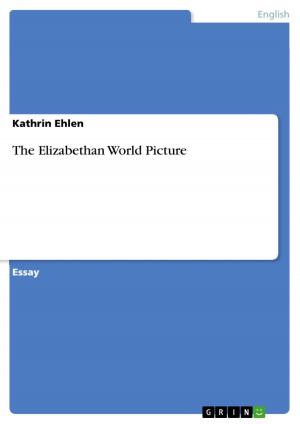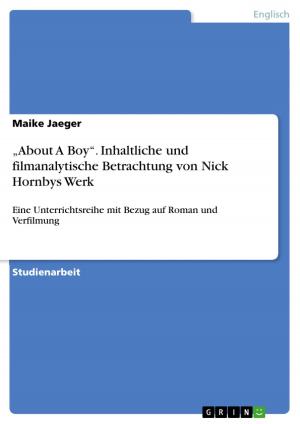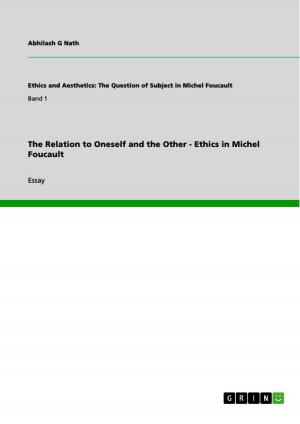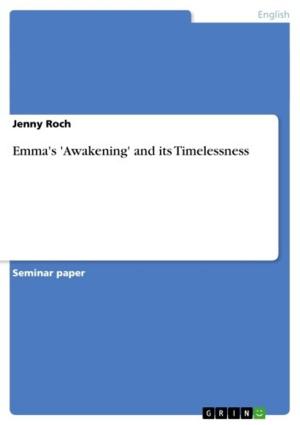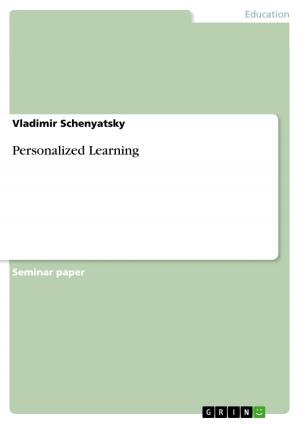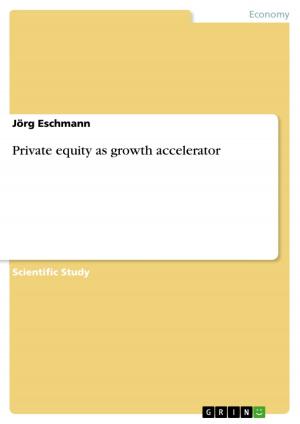A Book Report on 'Europe as Empire - The Nature of the Enlarged European Union'
Jan Zielonka's Book on the EU's Eastern Enlargement from 2006
Nonfiction, Social & Cultural Studies, Political Science| Author: | Johannes Wiedemann | ISBN: | 9783640770557 |
| Publisher: | GRIN Publishing | Publication: | December 7, 2010 |
| Imprint: | GRIN Publishing | Language: | English |
| Author: | Johannes Wiedemann |
| ISBN: | 9783640770557 |
| Publisher: | GRIN Publishing |
| Publication: | December 7, 2010 |
| Imprint: | GRIN Publishing |
| Language: | English |
Literature Review from the year 2010 in the subject Politics - International Politics - Region: Western Europe, grade: 1,3, University of Southern Denmark (Department of Border Region Studies), course: European Contemporary History, language: English, abstract: Analysts of the question whether the European Union has characteristics of an empire like the German political scientist Herfried Münkler declare that the end of the Cold War and the resulting collapse of the Soviet Union led to a power vacuum in east-central Europe, a post-imperial space with a critical potential for instability. Therefore the European Union had to adapt to the new strategical situation by application of elements which are part of the traditional imperial order, like semi-permeable border regions, commonly accepted currency and lines of communication and a graduation from a center of power to client- and satellite-states. By chance, this was just the area in which the recent rounds of EU enlargement gathered new member states. On that score Jan Zielonka's book Europe as Empire can be seen as a contribution to a debate whether the process or current status of the European integration and enlargement has elements of imperical order or should have them. Zielonka, Professor of European Politics and Ralf Dahrendorf Fellow of the St Antony's College at Oxford University since 2004, promotes the hypothesis of Europe being an empire of a, as he calls it, neo-medieval paradigm exactly because of the characteristics of the admission of the post-socialist states to the European Union which is now an entity of twenty-seven nations of very different levels of political and economic significance. This, so the Zielonkas's argument goes, enlarged Union is more diversified and therefore will likely become a sphere of a blurred European identity and multilevel and multicentred governance without a centre of power or institutionalized hierarchy, something which Zielonka sees as remote resemblance of a medieval empire like the Holy Roman Empire of the German Nation which in fact was neither holy, nor roman or empire, but at least overarched the medieval German rag rug of duchies, electorates and kingdoms.
Literature Review from the year 2010 in the subject Politics - International Politics - Region: Western Europe, grade: 1,3, University of Southern Denmark (Department of Border Region Studies), course: European Contemporary History, language: English, abstract: Analysts of the question whether the European Union has characteristics of an empire like the German political scientist Herfried Münkler declare that the end of the Cold War and the resulting collapse of the Soviet Union led to a power vacuum in east-central Europe, a post-imperial space with a critical potential for instability. Therefore the European Union had to adapt to the new strategical situation by application of elements which are part of the traditional imperial order, like semi-permeable border regions, commonly accepted currency and lines of communication and a graduation from a center of power to client- and satellite-states. By chance, this was just the area in which the recent rounds of EU enlargement gathered new member states. On that score Jan Zielonka's book Europe as Empire can be seen as a contribution to a debate whether the process or current status of the European integration and enlargement has elements of imperical order or should have them. Zielonka, Professor of European Politics and Ralf Dahrendorf Fellow of the St Antony's College at Oxford University since 2004, promotes the hypothesis of Europe being an empire of a, as he calls it, neo-medieval paradigm exactly because of the characteristics of the admission of the post-socialist states to the European Union which is now an entity of twenty-seven nations of very different levels of political and economic significance. This, so the Zielonkas's argument goes, enlarged Union is more diversified and therefore will likely become a sphere of a blurred European identity and multilevel and multicentred governance without a centre of power or institutionalized hierarchy, something which Zielonka sees as remote resemblance of a medieval empire like the Holy Roman Empire of the German Nation which in fact was neither holy, nor roman or empire, but at least overarched the medieval German rag rug of duchies, electorates and kingdoms.
